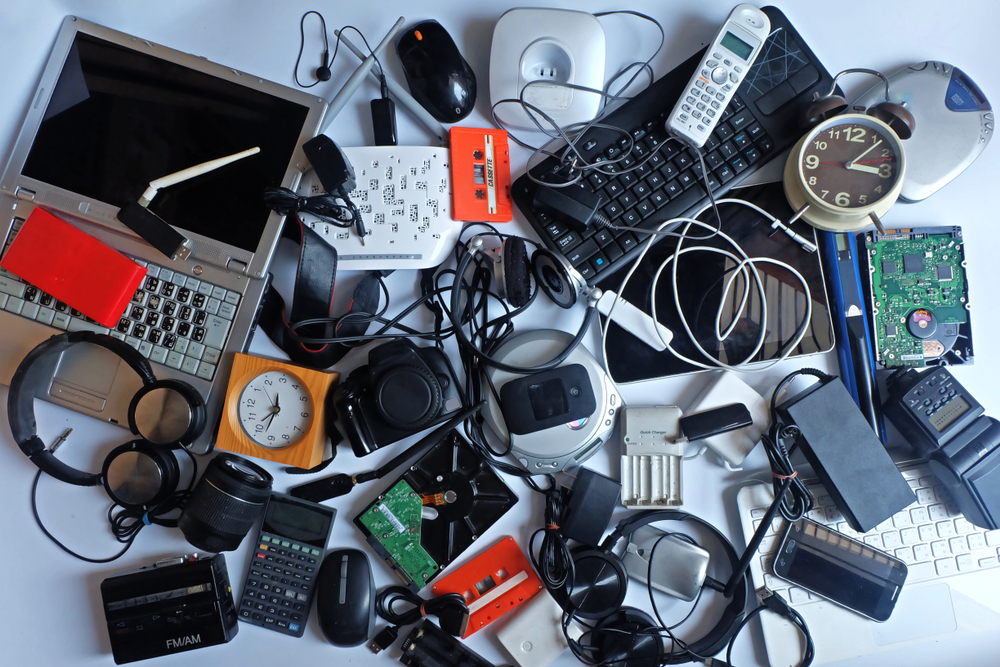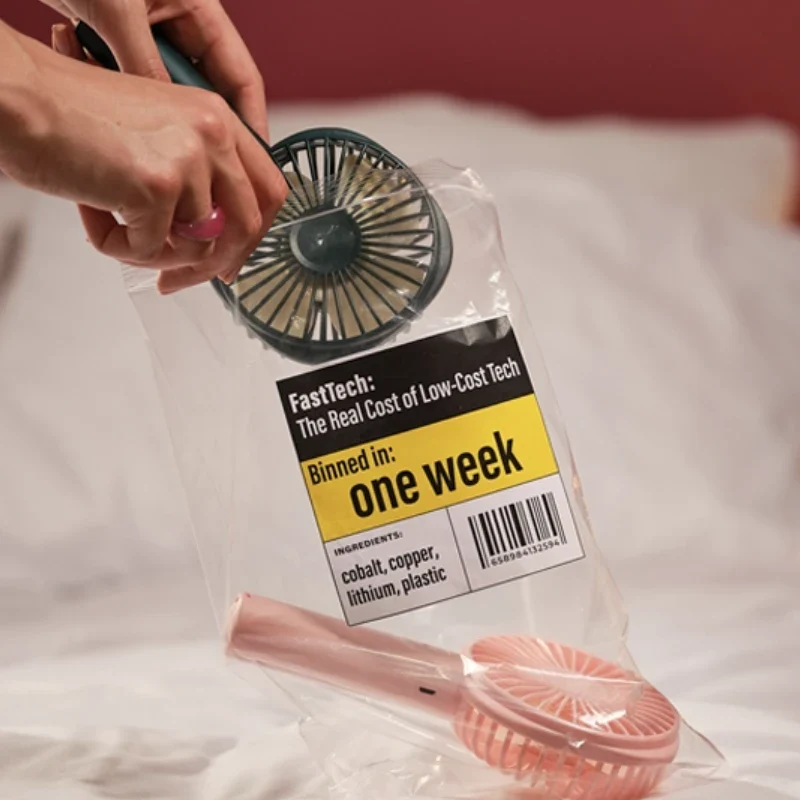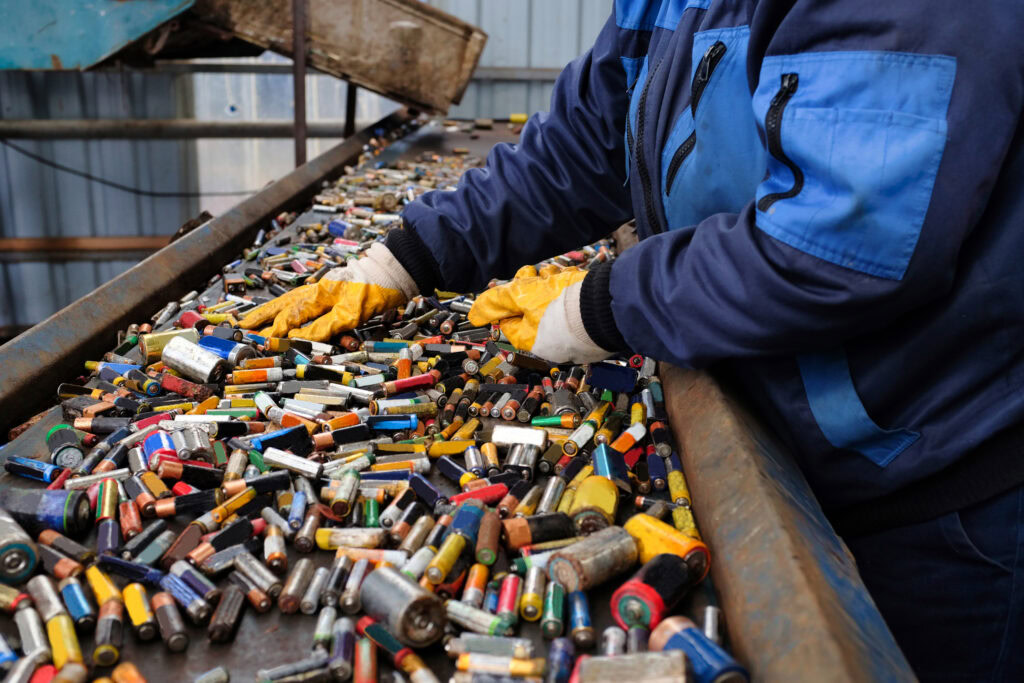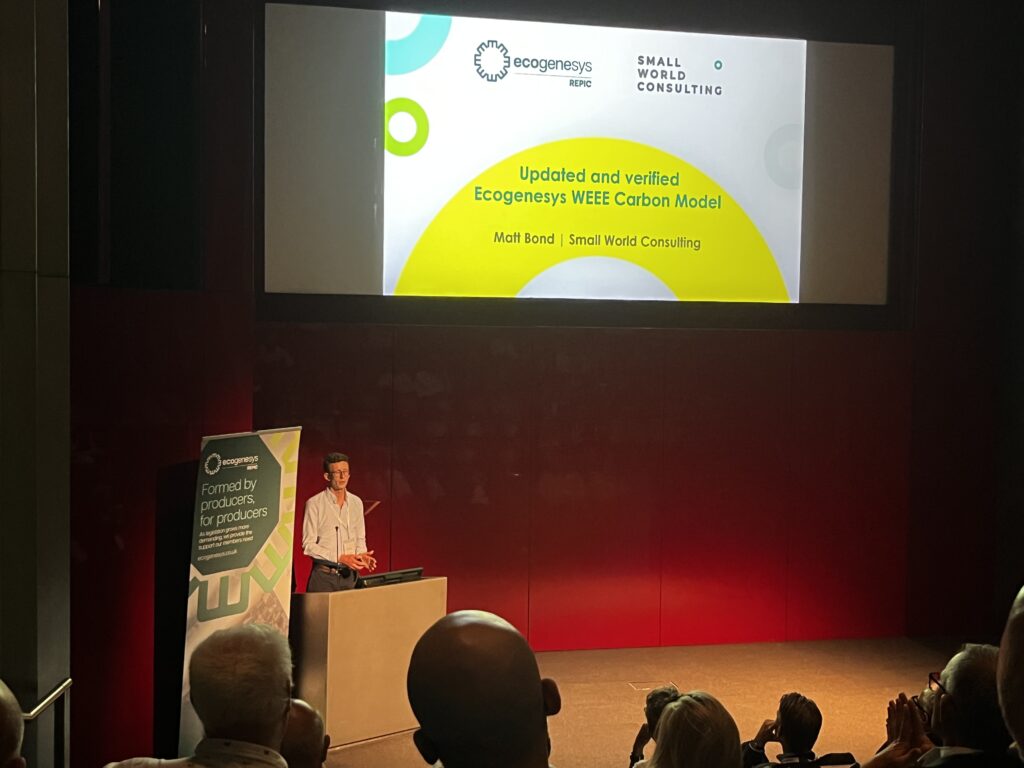It is hoped that the research will help to meet future targets for the collection and recycling of WEEE from households, which have been missed in successive years.

The study is being commissioned to provide evidence on the extent to which activities such as repair, reuse, hoarding, theft and destruction mean that these products are not available to be recycled or that their appearance as ‘waste’ will be delayed. The WEEE Fund is seeking expressions of interest to carry out the research by mid-March.
In recent months concerns have been raised over an increasing gap between electrical goods being placed onto the market, and corresponding tonnages of material being collected for recycling.
A widening gap between the two is of particular concern as WEEE targets are set according to the tonnage of material placed onto the market in preceding years.
Scott Butler, WEEE Fund project manager, said: “There is no question of the benefits of recycling electronic and electrical waste. However, the route that these products take before they ultimately become waste is not always clear. We need to understand the journey these products make through the economy so we can set better targets and intervene at the right places to ensure that we maximise the amount of recycling that takes place in the UK.”
Reuse
The work will build on research already carried out for the WEEE Fund looking at unreported WEEE flows in the UK and the levels of theft from local authority household waste recycling centres.
Research by consultancy Anthesis suggests that some waste electronics and electricals – such as air conditioning, building controls and lighting – are being disposed of as construction and demolition waste.
“We need to understand the journey these products make through the economy so we can set better targets and intervene at the right places to ensure that we maximise the amount of recycling that takes place in the UK.”
Scott Butler
WEEE Fund
Others are being reused , such as vending machines, commercial power tools, medical equipment, gym equipment, or stored in homes such as some small mixed equipment, household tools and equipment.
The report concludes that it is likely that a significant fraction of small mixed waste electricals is being disposed of in the residual waste stream, and sent to landfill.
Theft
Further work by the consultancy 360 Environmental explored concerns that theft at local authority sites meant a significant volume of WEEE was being stolen.
The work concluded that many local authorities have begun to address theft from sites with the introduction of CCTV and vehicle recognition software at sites – meaning that the threat of WEEE theft from CA sites is likely to be reduced compared to previous years.
Commenting on the research, Anthesis’ Dr Richard Peagam, associate director global producer responsibility, said: “Our work provides a useful snapshot of the activity we know is happening outside of the mainstream WEEE system. Some is perfectly legitimate, innovative and commendable even, while some is absolutely not legitimate. We need to seriously think about how we can differentiate between the two and treat the material in question properly.”
The project is being financed via the WEEE Fund generated from the WEEE Compliance Fee in 2017. Administration of the fund is being overseen by the Joint Trade Association (JTA), a collection of electronics industry trade bodies including TechUK, which has set up a not-for-profit company – JTAC.
The deadline for quotations to carry out the project is 15 March 2019
Related Links
WEEE Fund









Subscribe for free